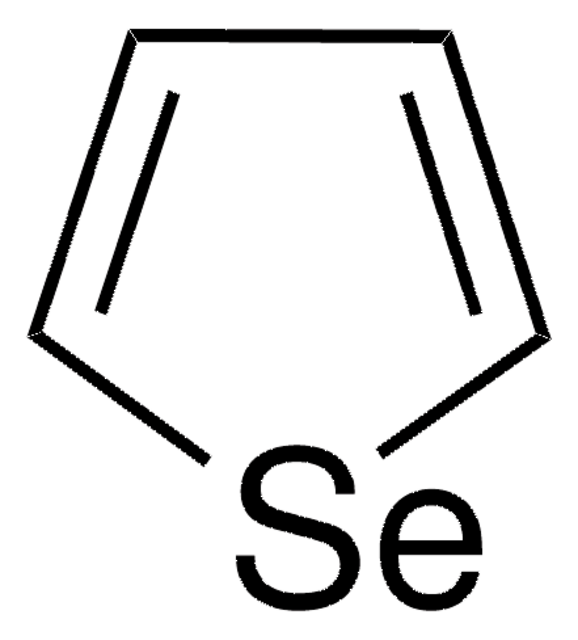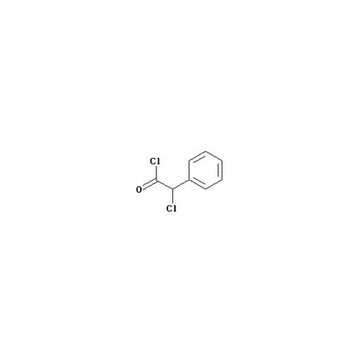727970
Cobalt(II) acetylacetonate
≥99.0% (KT)
Synonym(s):
2,4-Pentanedione cobalt(II) derivative, Bis(2,4-pentanedionato)cobalt, Co(acac)2, Cobaltous acetylacetonate
About This Item
Recommended Products
Quality Level
Assay
≥99.0% (KT)
form
powder
reaction suitability
core: cobalt
reagent type: catalyst
particle size
≤20 mesh
mp
165-170 °C (lit.)
anion traces
chloride, bromide (as Cl)-: ≤500 mg/kg
cation traces
Ca: ≤50 mg/kg
Cd: ≤50 mg
Co: ≤50 mg/kg
Cu: ≤50 mg/kg
Fe: ≤50 mg/kg
K: ≤100 mg/kg
Na: ≤100 mg/kg
Ni: ≤50 mg/kg
Pb: ≤50 mg/kg
Zn: ≤50 mg/kg
SMILES string
CC(=O)\C=C(\C)O[Co]O\C(C)=C/C(C)=O
InChI
1S/2C5H8O2.Co/c2*1-4(6)3-5(2)7;/h2*3,6H,1-2H3;/q;;+2/p-2/b2*4-3-;
InChI key
UTYYEGLZLFAFDI-FDGPNNRMSA-L
Looking for similar products? Visit Product Comparison Guide
Related Categories
General description
Application
Cobalt(II) acetylacetonate can be used as a catalyst for the dehydration reaction of aldoximes to synthesize nitriles.
Signal Word
Danger
Hazard Statements
Precautionary Statements
Hazard Classifications
Acute Tox. 4 Oral - Aquatic Acute 1 - Aquatic Chronic 1 - Carc. 1B Inhalation - Eye Dam. 1 - Repr. 1B - Resp. Sens. 1 - Skin Sens. 1
Storage Class Code
6.1C - Combustible acute toxic Cat.3 / toxic compounds or compounds which causing chronic effects
WGK
WGK 3
Flash Point(F)
Not applicable
Flash Point(C)
Not applicable
Choose from one of the most recent versions:
Already Own This Product?
Find documentation for the products that you have recently purchased in the Document Library.
Customers Also Viewed
Our team of scientists has experience in all areas of research including Life Science, Material Science, Chemical Synthesis, Chromatography, Analytical and many others.
Contact Technical Service





![Thieno[2,3-b]thiophene 95%](/deepweb/assets/sigmaaldrich/product/structures/338/511/a37343cf-31cb-4a34-b903-23b3dc8e64ab/640/a37343cf-31cb-4a34-b903-23b3dc8e64ab.png)








